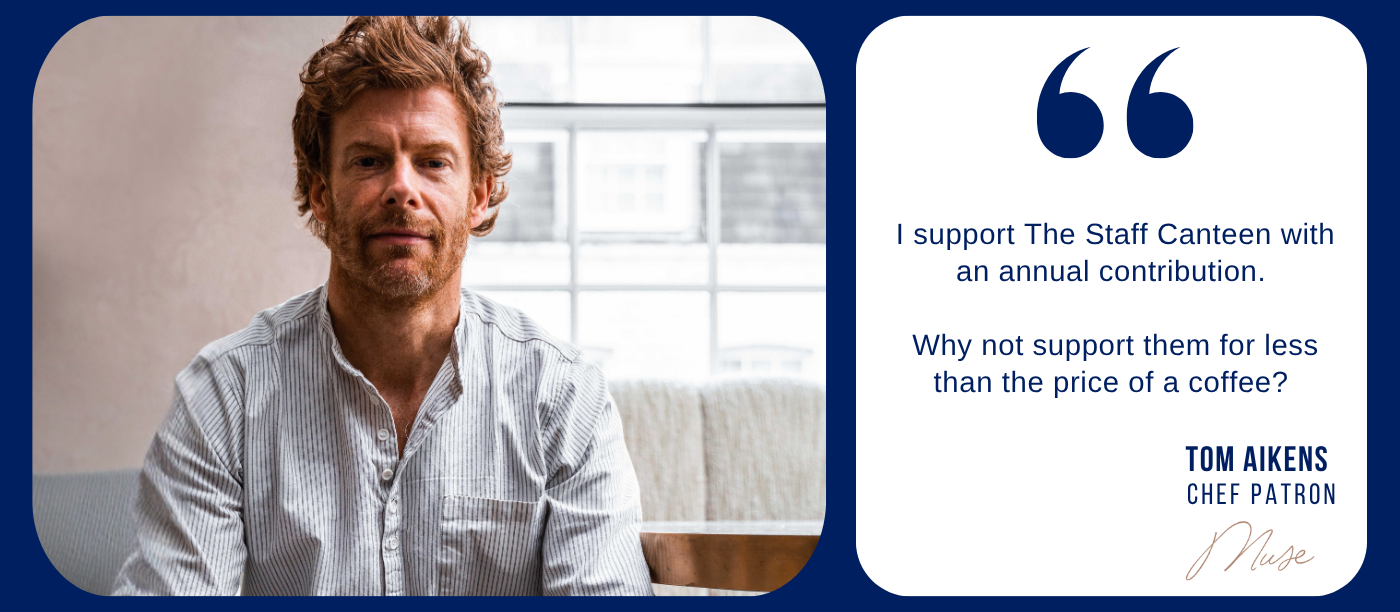the UK.
For director Hans, affecting change to the sustainability of the supply chain is only possible through scrupulous monitoring and innovation - to decrease wastage, keep track of fishing reserves and improve logistics.
"Sustainability is about the whole supply chain," he explained, "and it´s important to have continuous focus on these matters and use new technology when it is available. The industry is also in front on pushing new innovations."
Sustainability Outside of Food
Beyond fish supply, Rockfish, Catch and Seafood from Norway are focused on making every aspect of their businesses sustainable. Rockfish is seeking to achieve B Corp certification, a designation asserting that a business is meeting high standards of verified performance, accountability, and transparency on factors from employee benefits and charitable giving to supply chain practices and input materials, as, Mitch said: “Every step of the way on this project we’ve just been thinking about ‘what is the impact?’, ‘what can we do to lighten it?’"
Likewise, Catch heats its building sustainably, recycles any fish waste product into bait for fishermen, uses recyclable paper napkins, and even uses sustainably made hand soap. Along with that all of their delivery vehicles are electric and powered using hydropower.
“I think the sustainability question goes much broader than the food," Sean said.
Buying local and Supporting the Local Community
For both Sean and Mike, sustainability means more than sea-to-plate: for them, it means buying local and supporting the local community as well.
“The whole genesis of Catch is if it can be sourced in Dorset, it will be sourced in Dorset,” Sean explained, and by buying local they not only supports the local community through their purchases but also creates a vibrant local economy.“The whole point of Catch is that it creates a reason to come to Weymouth,” he said.
“How do you create meaningful jobs and careers and employment opportunities for people in coastal communities which are busy for seven months of the year and not busy for five months of the year? Well, you create a reason for people to come to your destination."
But for Hans, there is a distinction to be drawn between "local" and "hyperlocal."
"Buying local is, of course, important, but 'local' can also be defined as buying from neighbouring countries rather than to ship goods from the other side of the world. There are also important foods that are not available locally and every country is dependent on a well-functioning world trade," he said.
While Brexit has led to price fluctuation and more logistical challenges for companies such as Seafood from Norway, they have overcome these by sending cargos directly from Norway to the UK, bypassing the EU entirely.
"Exporters and importers are complaining about some red tape that needs to be solved and there are issues around seafood from Norway that are exported via the EU. To be secure, it is best for the exporters to send the seafood directly from Norway via ship," Hans explained.
Leading the charge with small-scale exchanges, businesses like Rockfish and Catch are a good influence for consumers, and big corporations, making all involved more accountable for their decisions. Crucially, the consumer is still king.
For Seafood from Norway, it is important to communicate well with customers about where the seafood comes from to engage consumers and build a relationship of trust with them as to the provenance and sustainability of what they are buying.
"Sustainability issues are very important for the seafood sector and this is an area where we should have a lot of focus," Hans said.













